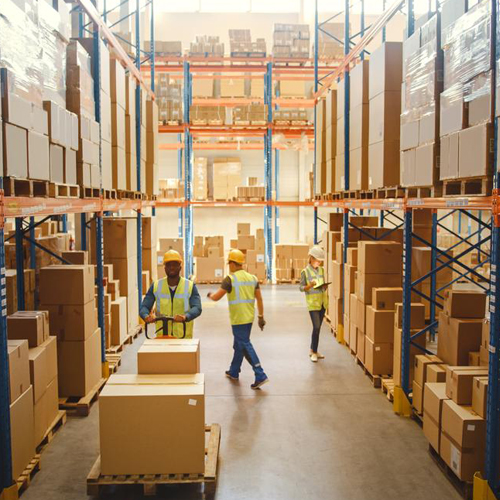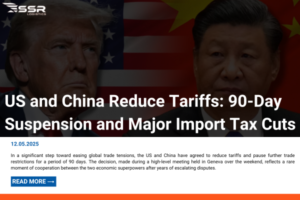The recent decision by Brazil to lift the suspension on Vietnamese tilapia imports marks a significant milestone in Vietnam’s seafood export journey. This development not only opens the door to one of South America’s most promising markets, but also offers a timely opportunity for Vietnamese exporters as they navigate global trade disruptions.

Brazil officially lifts import ban on Vietnamese tilapia
According to the Vietnam Trade Office in Brazil, on April 24, Brazil’s official government gazette published an announcement from the Ministry of Agriculture and Livestock (MAPA) confirming the removal of the suspension on Vietnamese tilapia imports. This is one of the first concrete results from the 2025–2030 action plan aimed at deepening the strategic partnership between the two nations.
Previously, in February 2024, Brazil temporarily halted tilapia imports from Vietnam to reassess its quarantine protocols, citing potential concerns about the Tilapia Lake Virus (TiLV)—a contagious fish disease—and non-compliance with local health standards.
Strategic trade negotiations behind the reopening
From November 2023 to February 2024, Brazil issued 22 import licenses for Vietnamese tilapia fillets, but only one shipment was successfully cleared in December 2023. The recent decision by MAPA sparked concern among local Brazilian fishery associations, who cited unfair competition and high domestic production costs.
Despite these concerns, the Brazilian government emphasized that allowing the import of Vietnamese tilapia is “irreversible” and tied to broader trade negotiations, including the opening of the Vietnamese market to Brazilian beef.
Technical assurance and disease control remain priorities
The Ministry of Agriculture and Livestock of Brazil (MAPA) emphasized that the decision to lift the suspension on Vietnamese tilapia imports does not in any way compromise the country’s national health and biosecurity standards. According to MAPA, a comprehensive Import Risk Analysis (IRA) was conducted following concerns raised by domestic fisheries regarding the potential introduction of Tilapia Lake Virus (TiLV) through imported products. The analysis thoroughly assessed the risk factors and ultimately concluded that the likelihood of TiLV transmission through imported, processed tilapia fillets is extremely low and does not pose a significant threat to Brazil’s aquatic animal health.
Furthermore, MAPA reaffirmed its commitment to upholding high sanitary standards by pointing out that the country’s current import health regulations—revised and updated in 2020—are based on rigorous scientific principles. These updated protocols are fully harmonized with international guidelines, particularly those outlined in the Aquatic Animal Health Code issued by the World Organisation for Animal Health (WOAH). This alignment ensures that Brazil’s regulatory framework is not only grounded in global best practices but also facilitates safe and transparent international trade while protecting domestic ecosystems and food safe.
Growing opportunity for Vietnamese tilapia in Latin America
The Vietnam Trade Office in Brazil noted that upcoming negotiations will focus on completing technical protocols to allow full access for catfish and tilapia products meeting international standards. In return, Vietnam will consider opening its market to Brazilian beef and internal organs. Further talks will also cover Vietnamese shrimp products, including unprocessed whole shrimp.
This market reopening significantly boosts the prospects for Vietnamese tilapia, helping the seafood industry access new opportunities in the Latin American region and contributing to Vietnam’s goal of reaching USD 15 billion in bilateral trade with Brazil by 2030.
Compliance is key for long-term export success
Although regaining access to the Brazilian market is an important milestone for Vietnamese seafood exporters, long-term success will hinge on their ability to consistently meet Brazil’s strict technical and sanitary requirements. This means that Vietnamese seafood processing facilities must not only stay informed about the latest import regulations and health standards set by Brazilian authorities, but also implement and maintain rigorous quality control measures throughout the entire production, processing, and export workflow to ensure full and ongoing compliance.
Conclusion:
Brazil’s decision to resume Vietnamese tilapia imports is a pivotal development for the seafood industry. It sends a strong signal about trust in Vietnam’s food safety standards and opens the door to meaningful trade expansion. With the right strategy and adherence to international norms, Vietnamese exporters are well-positioned to seize this opportunity and thrive in one of South America’s most promising markets.
Stay updated with the latest trade insights on SSR Logistics‘ news platform.
Source: VnEconomy









